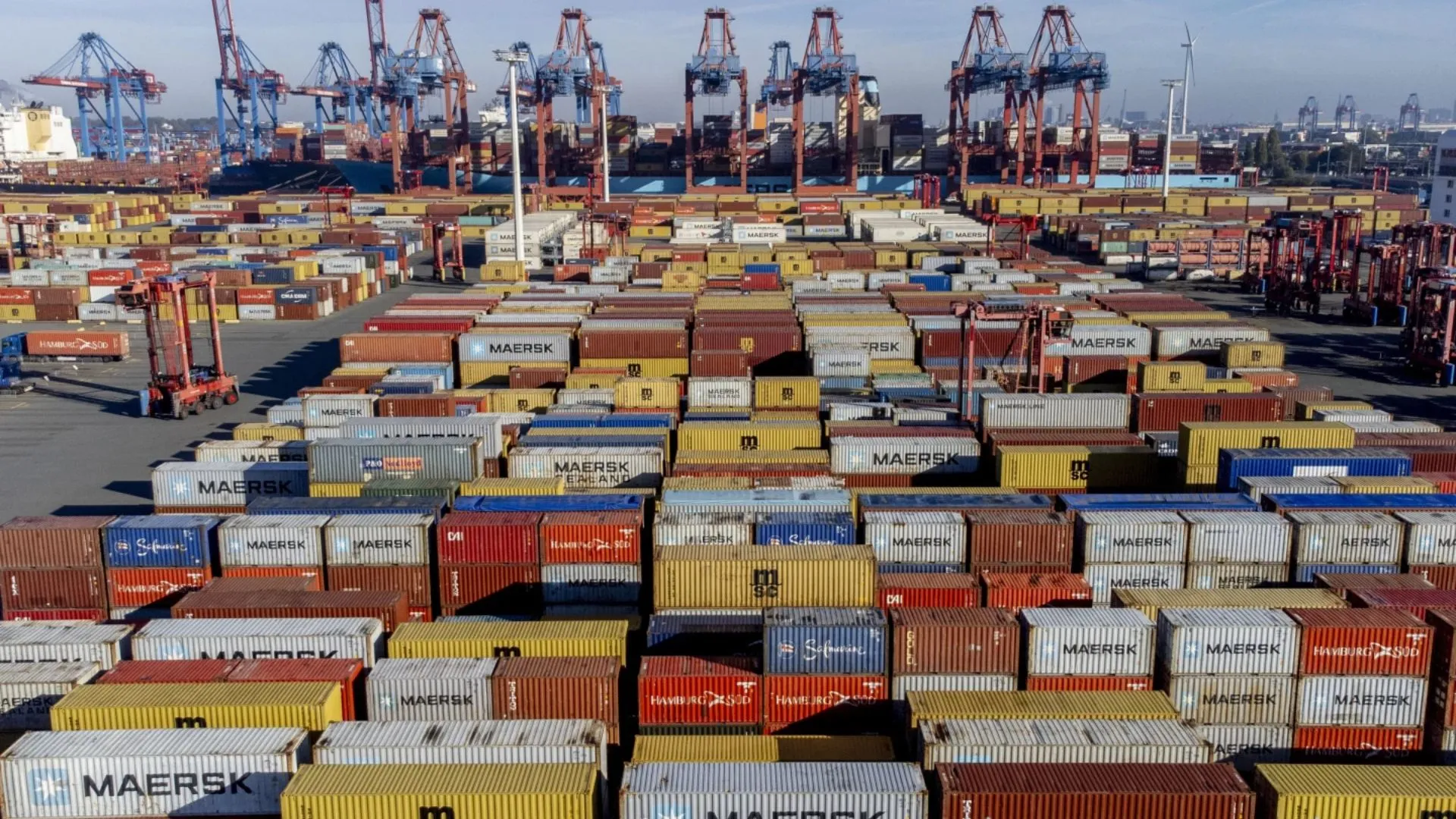In a startling development, India is grappling with various terrorist financing threats, particularly from groups active in Jammu and Kashmir, reveals Financial Action Task Force (FATF) report on Thursday.
The Paris-based organization noted that the primary sources of money laundering in India stem from illegal activities within the country.
Further, the organization also emphasized, that India faces a “disparate” range of terror threats, with significant risks posed by ISIS and Al-Qaeda-linked groups operating in and around Jammu and Kashmir.
This observation was highlighted in a ‘mutual evaluation report’ released by the FATF, which assessed the country’s efforts in combating terror financing and its anti-money laundering framework. While acknowledging that Indian systems in place were “effective,” the report called for “major improvements” to enhance prosecution in these cases.
Also Read: India To Join FATF’s Elite Circle for Excellence in Financial Crime Prevention
Observations Made By FATF Regarding India
Even though the FATF assessed India as “moderately” effective in its efforts to investigate and prosecute money laundering. But, the report indicated that recent convictions related to money laundering have been hampered by constitutional challenges and a court system, that is burdened by a significant backlog. Thus, resulting in many cases remaining unresolved for extended periods.
But, over the past five years, the Enforcement Directorate has confiscated assets worth €9.3 billion ($10.4 billion) from alleged financial criminals, yet the total amount recovered through convictions is less than $5 million.
Hence, the FATF stressed the urgency for India to address these issues, highlighting the long wait times for trial and prosecution outcomes.
Must Read: FATF Removes Turkey from Money Laundering Grey List, Boosting Financial Confidence
Meanwhile, this 368-page report, which was adopted during the FATF’s June plenary, is the first review of India’s AML and CFT measures since 2010. Following an on-site assessment in November, India has been placed in the “regular follow-up” category alongside four other G20 nations, with the next evaluation scheduled for 2031.























